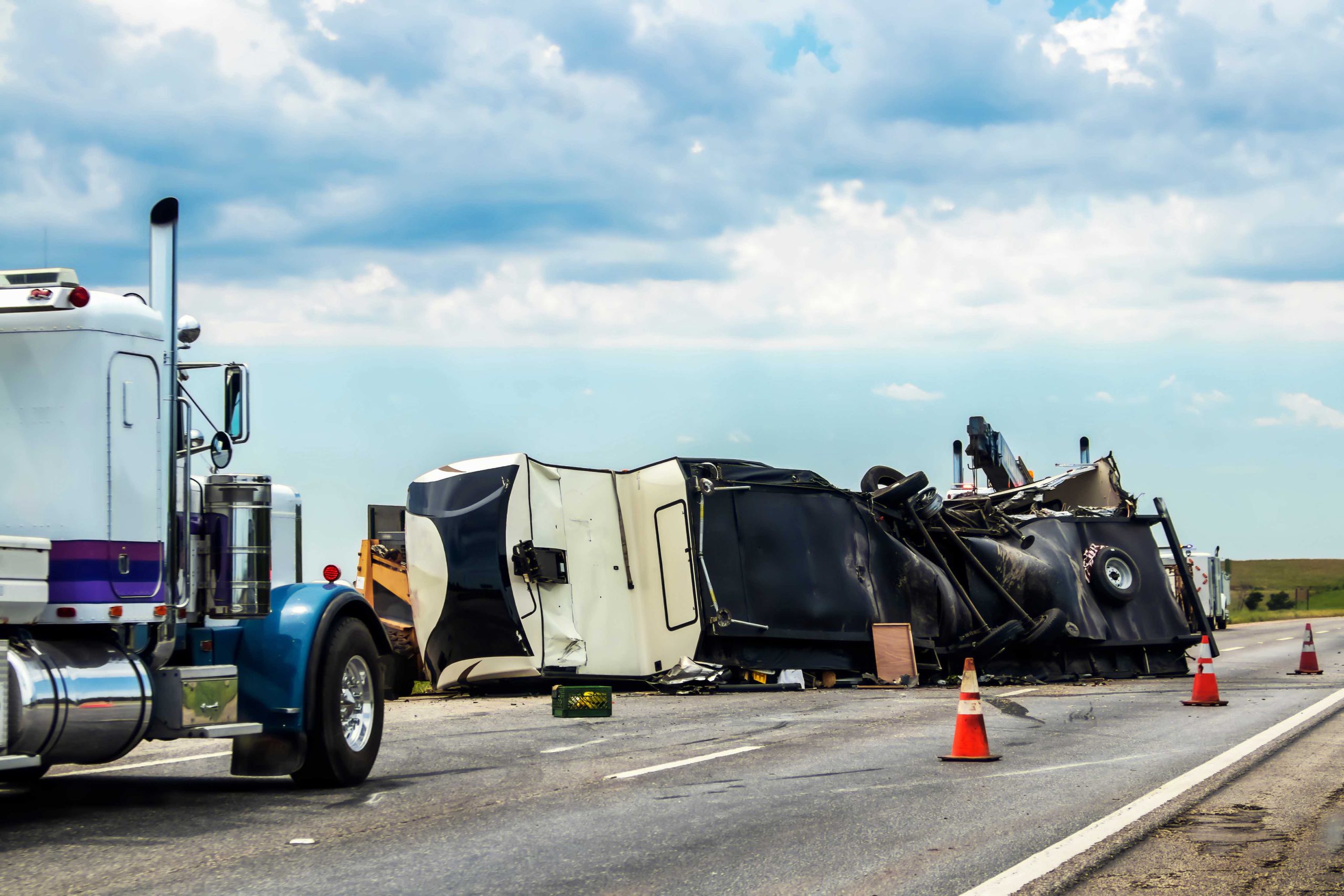Personal injury lawyers can use a variety of types of legal evidence to prove who is at fault for an 18-wheeler accident. Proving fault is key to getting the personal injury settlement needed to cover medical expenses, lost wages from time spent in recovery, and even future costs depending on the severity of the injury.
One of the most common and effective ways to prove fault is through Event Data Recorders (also known as “black boxes,”) although there are other kinds of proof that can be used to strengthen a personal injury claim.
What is an EDR?
Event Data Recorders (EDR) are small black boxes, hence the popular nickname “black box,” that record data from the vehicles they are connected to. These handy devices are often used in commercial trucks, and record useful data in the event of an 18-wheeler accident. Some of the data EDRs record include the following.
- The force of forward and lateral crashes.
- The time duration of an accident.
- The position of the accelerator.
- Steering wheel angle.
- How many times the driver started the engine.
- Speed.
- Occupant sizes.
- If the brakes were used, and when.
- If stability control was engaged.
- Engine RPM.
- Number of impacts with other objects during the accident.
- Front seat positions.
Knowing the exact actions and the timing of those actions is significant to strengthening a truck accident claim. However, EDR data isn’t always available if the driver doesn’t have one of the devices, or if the driver waited too long to retrieve the data. Most EDR devices automatically erase data after about thirty days, which is why it’s important to act fast after an accident and hire an attorney. Luckily, there are still plenty of ways to get the compensation you deserve. Some other elements that can be used to prove fault in 18-wheeler accidents are listed below.
- The driver’s delivery schedules and deadlines, especially in big rig accidents involving speeding.
- Footage from dashcams, traffic cameras, and security cameras.
- Forensic evidence and photos of the scene of the accident.
- Police reports of the collision.
- Phone records in cases of distracted driving.
- Medical records to prove the extent of the personal injury.
- Expert testimony.
- Eye witness statements.
If you’ve been in an 18-wheeler collision, getting an experienced accident attorney should be a priority. What can a personal injury lawyer do for you?
- Gather and present legal evidence to prove fault.
- Handle communications with the insurance company and protect you from acts of bad faith.
- Calculate the value of your personal injury.
- Negotiate a settlement that covers your personal injury related expenses. If a fair settlement agreement can’t be reached, your lawyer can file a lawsuit on your behalf.
- Correctly complete necessary legal forms and ensure they are submitted by deadlines.
- Guide you through the legal process.
If you’ve been injured in an accident, contact us as soon as possible to schedule your initial consultation for free legal advice from a St. Louis accident attorney near you. We’ll protect your rights and fight for the financial compensation you deserve.

